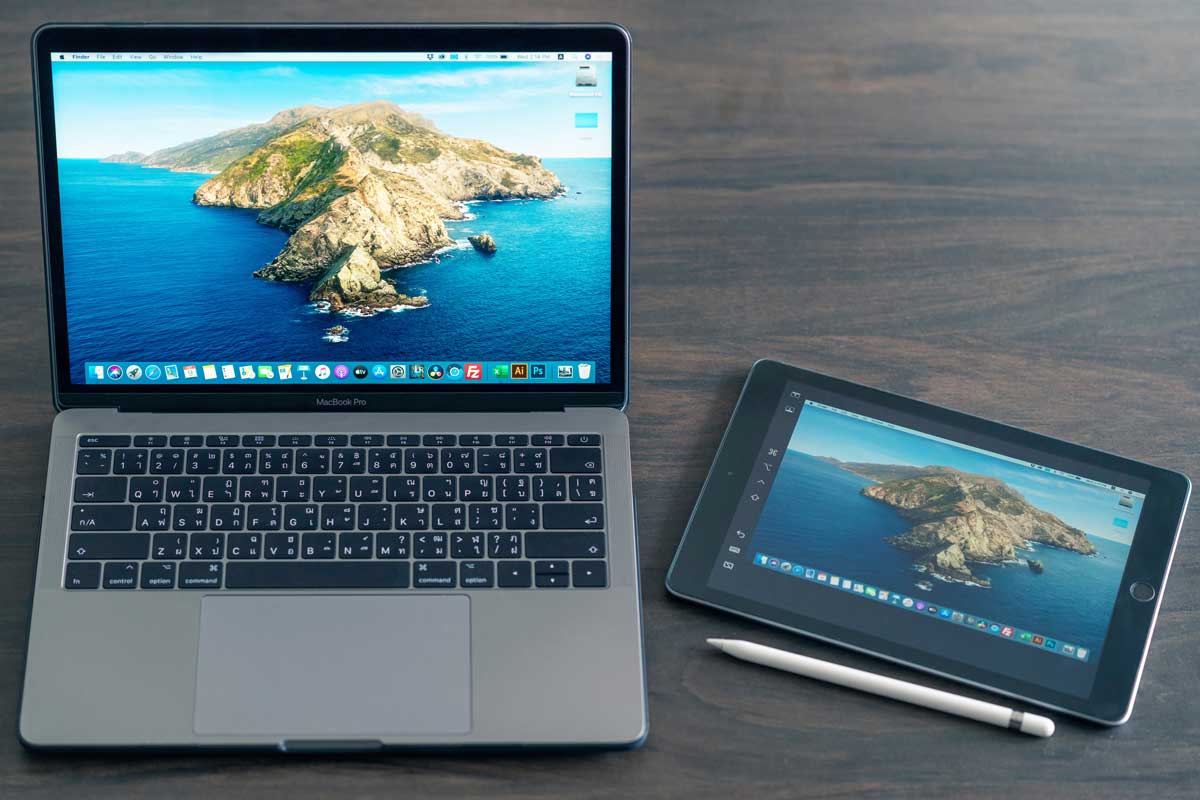Imagine Tresor strengthens Apple retail presence
Imagine Tresor has launched its biggest Apple Premium Partner Store at South City Mall, Kolkata.
Notarisation gives Apple users more confidence that the distributed software has been checked by Apple for malicious components.

Macbook pro. (Photo: iStock)
Apple has announced app creator who develops Mac apps outside App store will have to submit them for notarisation process from February 3, 2020 onwards.
Notarisation gives Apple users more confidence that the distributed software has been checked by Apple for malicious components.
Advertisement
After the launch of macOS Catalina in September, the company had temporarily relaxed the notarization requirements for non Mac App Store, and at the time, said developers would have until January 2020 to adjust with the new rules.
Advertisement
As per the new policies, require developers are required to submit their apps to Apple to go through a notarizing security process, or they won’t run in macOS Catalina.
“If you have not yet done so, upload your software to the notary service and review the developer log for warnings. These warnings will become errors starting February 3 and must be fixed in order to have your software notarized. Software notarized before February 3 will continue to run by default on macOS Catalina,” the company said in a statement.
According to MacRumors, Apple has been requiring new software distributed with a Developer ID outside of the Mac App Store to be notarized in order to run since macOS Mojave 10.14.5, with the notarization process designed to protect Mac users from malicious and harmful apps.
(With input from agencies)
Advertisement